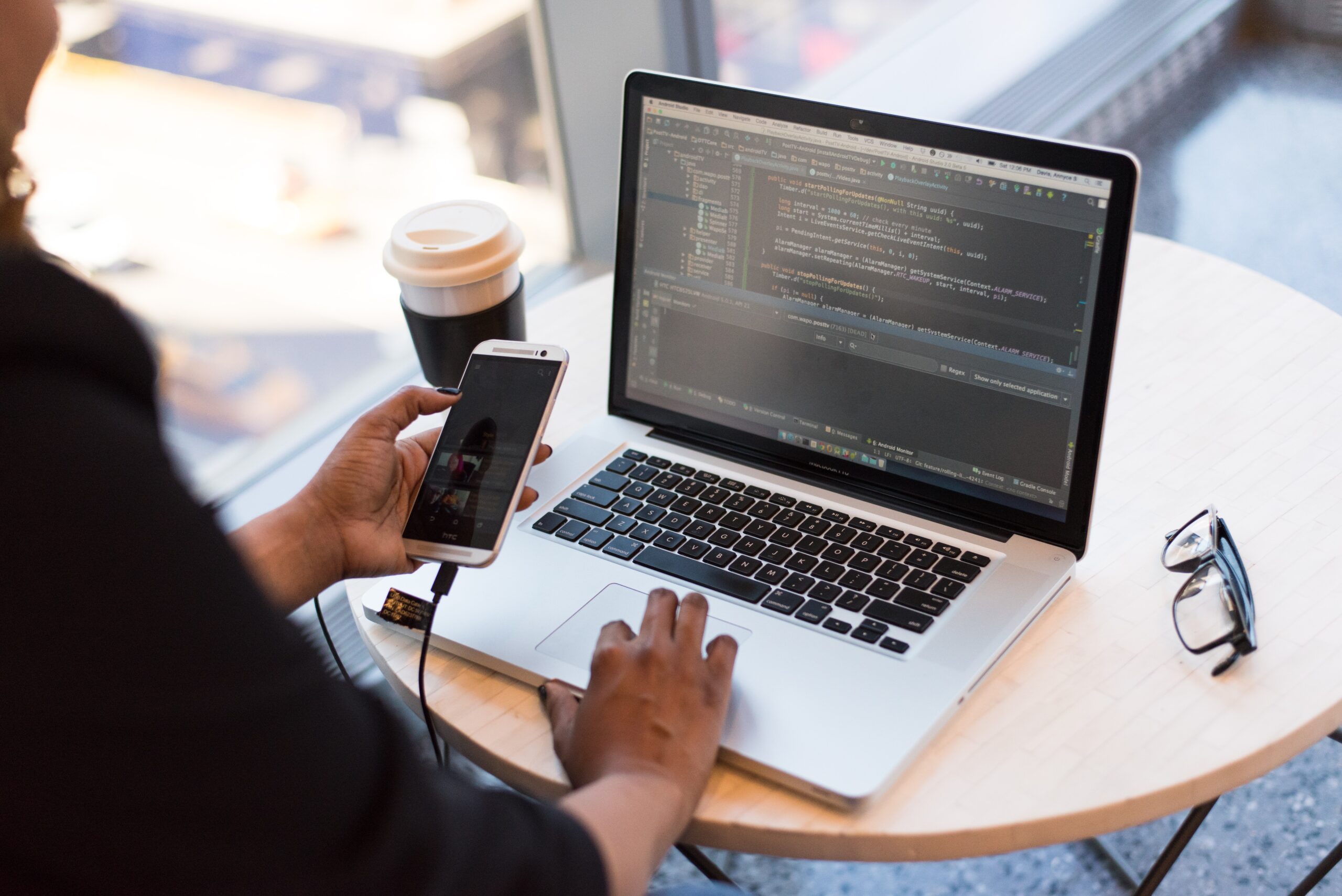Healthcare Professionals (HCPs) are at the forefront of the COVID-19 battle.
As the rest of us take measures to maintain social distancing or even go into a lockdown, numerous HCPs across the globe are doing the opposite. Everyday they head out to treat and care for COVID-19 patients.
Slowly but steadily, hospitals are filling up with COVID-19 patients. Some of these patients are very sick – exposing HCPs to heavy virus loads. With so many patients clustered together in hospitals, hospitals have now turned into a hub of viruses.
Unfortunately, the spread of the pandemic is showing no signs of slowing down. Healthcare systems across the globe are already at their limits trying to cope up with its pace. Today, hospitals are not only faced with a shortage of appropriate equipment and protective gear but also a shortage of capable staff. To ease the burden on their existing staff, some countries are calling upon retired physicians (like Italy, UK, USA, India and Vietnam) and even medical students (like Italy, UK and USA).
Overtime has become a normalcy for hospital staff, nurses, doctors, and other HCPs. They often work for 12 hours to tackle the huge number of patients. Along with the stress of working overtime, they are also subjected to repetitive exposure to the virus, over days together putting them at a high risk to the very illness they aim to treat.
Toll on medical community: Visible and invisible
Therefore, it is not surprising that the COVID-19 pandemic has taken its toll on the medical community as well. To understand the extent of the impact, let us look at the infected cases in the HCP community for a few COVID hit countries.
[table id=3 /]
Besides this, being an HCP during the current crisis, puts you under high amounts of stress and anxiety. These healthcare workers are constantly worrying about the health of their patients, their colleagues, their families, and themselves too. To add to all of this, there is additional stress due to lack of protective gear and equipment. Other factors include:
- High exposure to COVID-19 over weeks at a stretch
- Inadequate protective gear
- Lack of enough beds and equipment (like ventilators etc.) at hospitals
- Helplessness towards the control of the disease
- Ever-increasing load of patients
- Seeing fellow colleagues fall victim to the virus
- Impact of witnessing the fatalities of COVID-19
A survey of 1200+ healthcare workers in China published by the Lancet showed that 70% of HCPs in Hubei, China (where the COVID outbreak began), suffered from extreme levels of stress, 50% had depressive orders, 44% had anxiety and 34% insomnia.
According to a Pew Research Center survey conducted between March 19-24, 2020, nearly one-in-five USA adults (18% of ~11,500 respondents) said that they have had a physical reaction at least some or a little of the time when thinking about the outbreak. This is particularly true of those affected financially.
Additionally, there are numerous accounts of physicians and nurses talking about their grim experiences around the COVID-19 pandemic on social media: how they sometimes need to make hard decisions about which patient gets the ventilator or hospital bed and which does not; how they face death multiple times a day; how they need to console grieving families; the feeling of helplessness and so on.
Suggestive measures to relieve stress and anxiety
Given the current state of affairs, it is normal for HCPs across the globe to be feeling anxious and worried. However, should it become overwhelming, HCPs can consider the following quick self-help tips:
1. Understand and acknowledge the emotional impact:
- Express your emotions:
- Maintain a journal
- Talk to someone (friends, family, etc.)
- Channel emotions into creativity (drawing, painting, poetry, music, etc.)
2. Disconnect from upsetting environments:
- Constant updates about the pandemic can be upsetting
- Instead, take your mind off these updates: turn off social media notifications or avoid reading/ listening too much on this topic
3. Long term measures to help contain and prevent emotional stress:
- Take care of your body:
- Take deep breaths, stretch, or meditate
- Eat healthy meals, timely
- Avoid alcohol, tobacco etc.
- Get plenty of sleep
- Follow a daily routine
- Practice gratitude
- Don’t hesitate to seek help, if needed
Healthcare authorities and related organizations have taken note of this issue that is impacting the HCPs and the general public as well. Some have published guidelines around this over the past few weeks.
- WHO: Mental health and psychosocial considerations during the COVID-19 outbreak
- CDC: COVID 19 : Stress and coping
- University of Melbourne: Coronavirus (COVID-19): managing stress and anxiety
- USA Helpline for Doctors: Link
In a way, COVID-19 has united us. The world is working together to fight this disease. Each one doing their own bit.
Having said that, the entire human race is forever grateful for the tremendous effort put forth by the global medical community – The soldiers against COVID-19.
Thank you for taking care of us, relentlessly, selflessly!
References:
- https://www.washingtonpost.com/world/europe/italy-coronavirus-doctors-retired/2020/03/28/075dbda0-6f0f-11ea-a156-0048b62cdb51_story.html
- https://www.npr.org/sections/health-shots/2020/03/25/820706226/states-get-creative-to-find-and-deploy-more-health-workers-in-covid-19-fight
- https://www.theguardian.com/world/2020/mar/20/final-year-medical-students-graduate-early-fight-coronavirus-covid-19
- https://www.medscape.com/viewarticle/927628
- https://foreignpolicy.com/2020/03/24/coronavirus-vaccine-health-care-workers-bcg/
- https://www.theguardian.com/world/2020/mar/26/as-if-a-storm-hit-33-italian-health-workers-have-died-since-crisis-began
- https://www.thelancet.com/journals/lancet/article/PIIS0140-6736(20)30644-9/fulltext
- https://jamanetwork.com/journals/jamanetworkopen/fullarticle/2763229
- org/fact-tank/2020/03/30/people-financially-affected-by-covid-19-outbreak-are-experiencing-more-psychological-distress-than-others/
- https://www.abc.net.au/news/health/2020-03-20/coronavirus-covid19-pandemic-how-long-will-it-last/12043196
- https://www.news18.com/news/india/for-a-cause-more-than-31000-doctors-volunteer-to-join-fight-against-covid-19-2564109.html
- https://time.com/5813848/spain-coronavirus-outbreak-doctor/
- https://www.pewsocialtrends.org/2020/03/30/methodology-31/
- https://www.latimes.com/world-nation/story/2020-02-25/doctors-fighting-coronavirus-in-china-die-of-both-infection-and-fatigue






